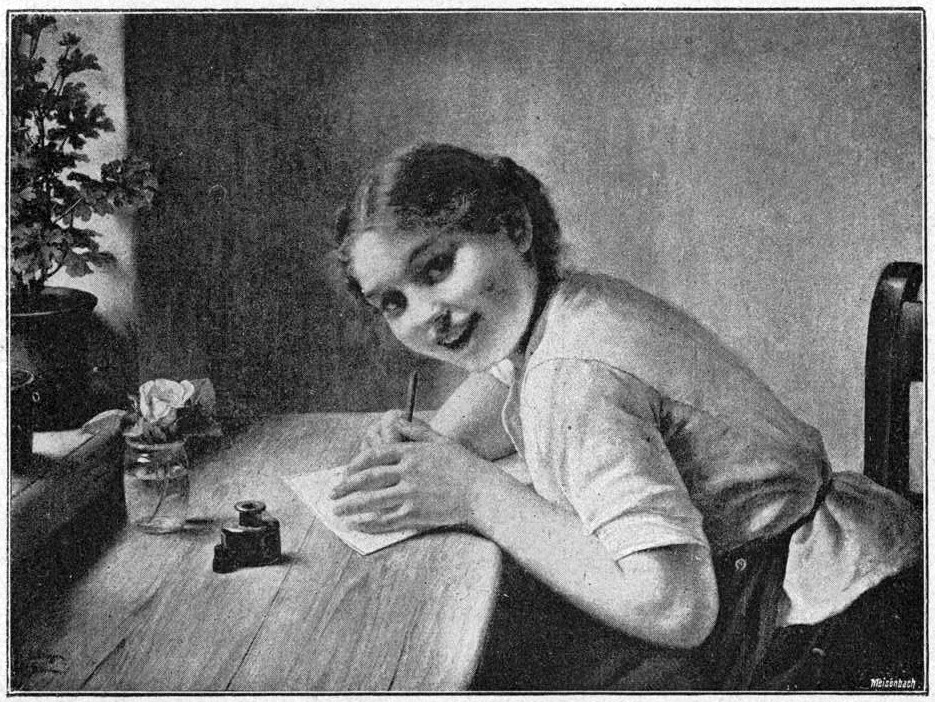Boodskap is a word that means message in the language of Afrikaans. This word is used for many different things and can be helpful if you are trying to communicate with someone in their native language.
This is a great way to learn a new language because it will give you a chance to explore the world and learn about different cultures. Plus, it will help you to develop your listening skills and become a better communicator.
In English, boodskap means message. In the language of Afrikaans, it can mean several things.
- Explain the meaning of boodskap in Afrikaans 2. What does boodskap mean in the language of Afrikaans 3? What does boodskap mean in English 4? Why do you need to know how to speak the language of Afrikaans?
The language of Afrikaans is a West Germanic language that descended from the Dutch dialects spoken by Dutch settlers in South Africa. It is one of the youngest languages in the West Germanic family, which also includes German and English.
It is the official language of South Africa and Namibia, where it has over a million speakers. It is also spoken in Botswana, Zambia, and Zimbabwe.
Afrikaans is a complex language, with an extensive vocabulary that reflects the language’s Germanic roots, but it has developed its idioms and grammar. It is often difficult to learn and understand for non-Afrikaans speakers, but it is still a useful language for those who want to learn about the history of South Africa and the people that live there.
There are 88 graphemes in the Afrikaans alphabet, with 16 vowels and a variety of consonants with diacritics. All of the letters have capital letter allographs, while the apostrophe and the indefinite article ‘n are ligatures.
Vowels are pronounced like the other letters of the English alphabet, with a slight ‘h’ sound. ‘N’ is pronounced as a schwa vowel, and the apostrophe and the following letter are regarded as two separate characters.
Diacritics are special marks that indicate a particular sound or pronunciation. Some diacritics are not used in all words, but they are present in most. They are used for certain consonants or to distinguish syllables from other syllables.
Other diacritics are used for certain sounds, such as ‘j’. They are used for some syllables to mark the end of a word, such as the ending ‘z’ in slang and the ‘v’ at the start of a sentence, such as ‘die’ for ‘dead’.
In addition, some vowel changes occur in syllables or a part of a word, such as ‘k’ for ‘ke’. These changes are used to distinguish certain words, and in some cases, they make the ‘k’ sound more similar to ‘b’ or ‘t’ in other words.
The ‘k’ sound has also become more common in slang and is used for a range of other things, such as ‘fun’ or ‘joy’. It has also become more common in speech, as well. Some slang words that use ‘k’ in the past tense are ‘ke-ke’ and’se-se’, both of which mean ‘ah’ or ‘oh’, and ‘ki’ for ‘knuckle’ or ‘pup’. Other slang words that use ‘k’ are ‘dri-fi’ (‘nodding’), ‘pou-se’ (‘coughing up’), and’ma’s’ foremothers. It is also used in names, especially those that have feminine spelling.

